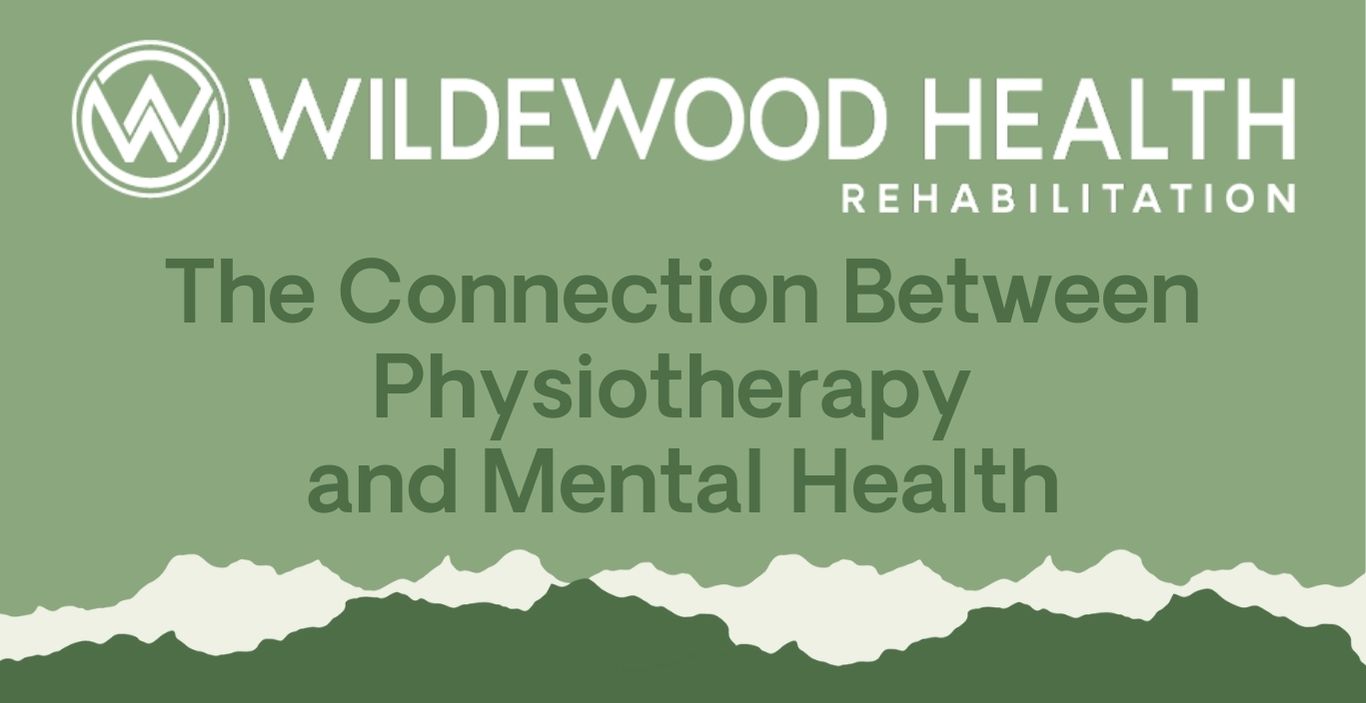In recent years, the intricate connection between physical health and mental well-being has garnered significant attention. Physiotherapy, traditionally known for treating physical ailments, plays a crucial role in enhancing mental health. The benefits of physiotherapy extend beyond the physical realm, significantly impacting emotional and psychological well-being.
Understanding the Link Between Physical and Mental Health
Physical health and mental health are inextricably linked. Chronic pain, injuries, and physical disabilities can lead to mental health issues such as depression, anxiety, and stress. Conversely, mental health disorders can manifest as physical symptoms, including chronic pain and fatigue. Addressing both aspects holistically is essential for overall well-being.
The Role of Physiotherapy in Mental Health
- Alleviating Chronic Pain and Its Psychological Impact: Chronic pain can be debilitating, leading to depression, anxiety, and a diminished quality of life. Physiotherapy offers various treatments, including manual therapy, exercise therapy, and electrotherapy, to alleviate pain. By reducing pain, physiotherapy helps improve mood and reduce anxiety, breaking the cycle of pain and psychological distress.
- Promoting Physical Activity: Regular physical activity is a well-known contributor to mental health. Physiotherapists design personalized exercise programs that not only address physical issues but also promote overall well-being. Exercise stimulates the release of endorphins, which are natural mood lifters, and reduces levels of stress hormones like cortisol. This leads to improved mood, better sleep, and enhanced cognitive function.
- Enhancing Mobility and Independence: Physical limitations due to injuries or chronic conditions can lead to feelings of helplessness and depression. Physiotherapy aims to restore mobility and function, empowering individuals to regain their independence. This sense of autonomy is crucial for mental well-being, fostering a positive outlook and boosting self-esteem.
- Mind-Body Techniques: Many physiotherapists incorporate mind-body techniques such as relaxation exercises, deep breathing, and mindfulness into their treatment plans. These techniques help reduce stress, anxiety, and symptoms of depression. Mind-body practices also enhance the effectiveness of physical treatments by promoting relaxation and reducing muscle tension.
- Social Interaction and Support: Physiotherapy sessions often provide valuable social interaction, which is essential for mental health. Building a rapport with a physiotherapist and engaging in group therapy sessions can alleviate feelings of isolation and loneliness. The support and encouragement received during therapy can foster a sense of community and belonging.

Specific Physiotherapy Techniques Benefiting Mental Health
- Aerobic Exercise: Engaging in aerobic exercise, such as walking, cycling, or swimming, has been shown to significantly improve symptoms of depression and anxiety. Physiotherapists design safe and effective aerobic exercise programs tailored to individual needs and abilities.
- Strength Training: Strength training not only improves physical health but also boosts confidence and self-esteem. Physiotherapists guide patients through strength training exercises that enhance muscle function, leading to better posture, reduced pain, and a more positive body image.
- Yoga and Pilates: Incorporating yoga or Pilates into physiotherapy sessions combines physical exercise with mindfulness and relaxation. These practices improve flexibility, strength, and balance while promoting mental relaxation and reducing stress.
- Hydrotherapy: Exercising in water provides a low-impact environment that reduces stress on joints and muscles. Hydrotherapy can be particularly beneficial for individuals with chronic pain or arthritis, improving physical function and providing a calming effect on the mind.
Case Studies and Evidence
Research supports the positive impact of physiotherapy on mental health. A study published in the Journal of Physical Therapy Science found that patients with chronic low back pain who underwent physiotherapy reported significant reductions in depression and anxiety levels. Another study in the British Journal of Sports Medicine highlighted the role of physical activity, prescribed by physiotherapists, in improving mental health outcomes in individuals with chronic illnesses.
Conclusion
Physiotherapy is a powerful tool in the holistic approach to health, addressing both physical and mental well-being. By alleviating pain, promoting physical activity, and incorporating mind-body techniques, physiotherapy enhances mental health and improves the overall quality of life. Understanding and embracing the connection between physiotherapy and mental health can lead to more comprehensive and effective treatment plans, fostering a healthier and happier society.






